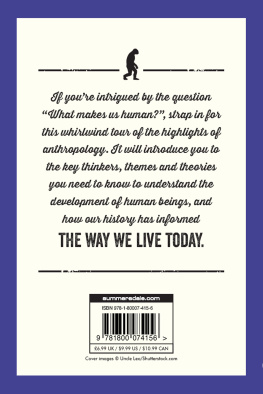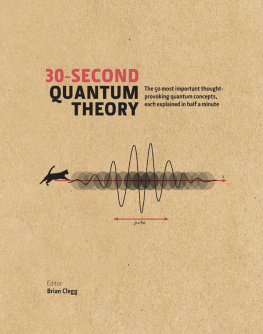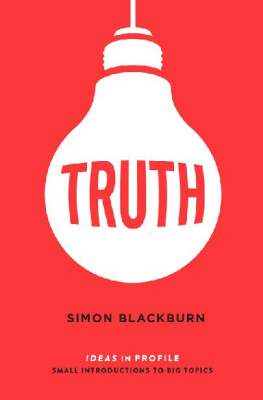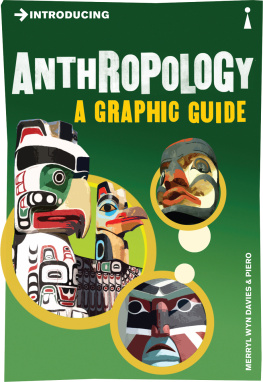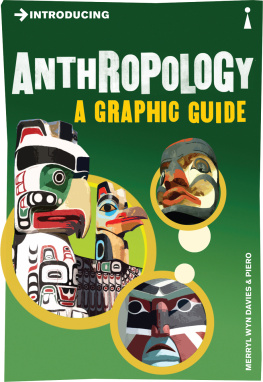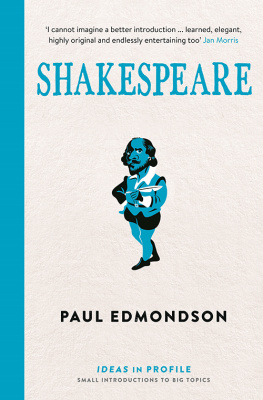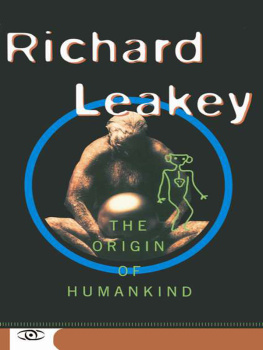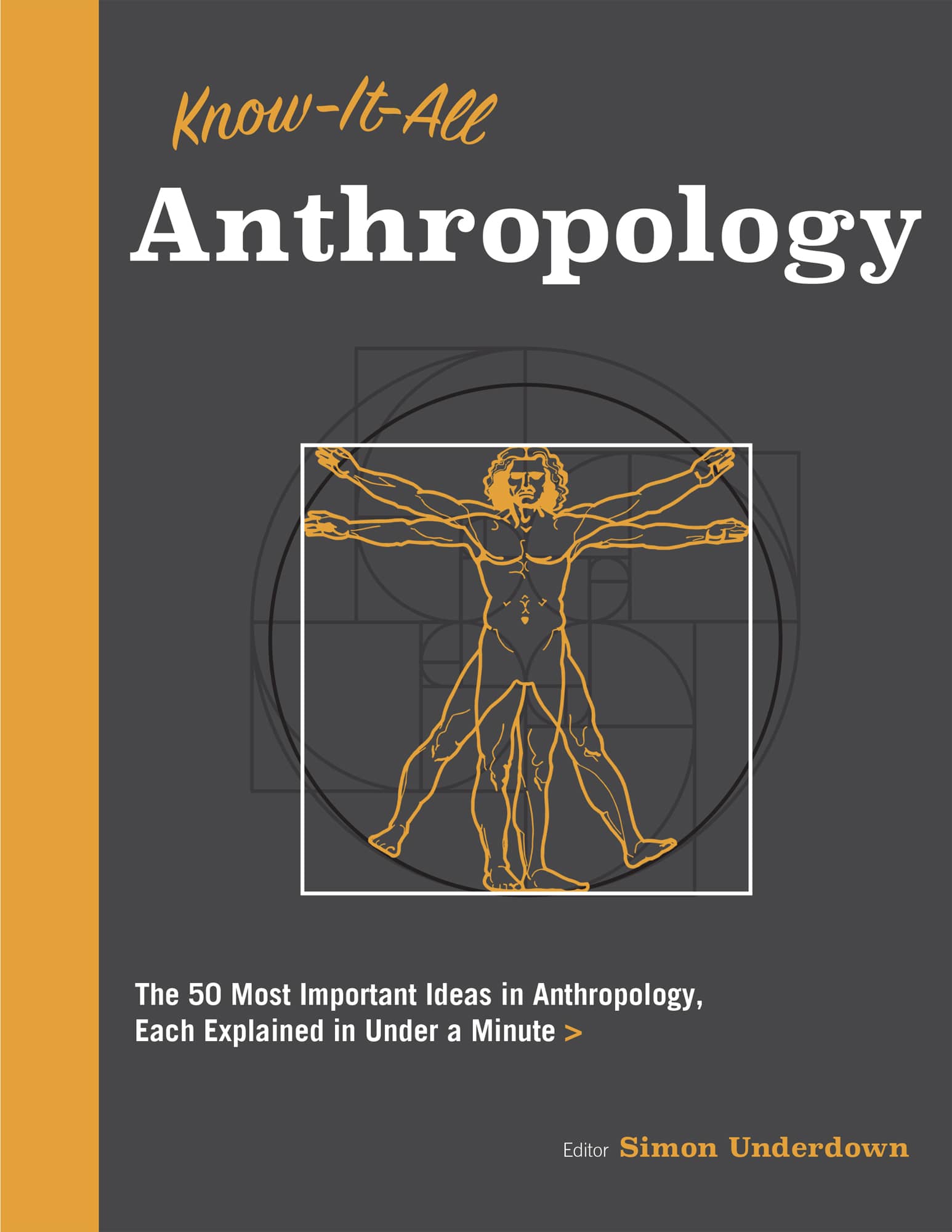Know It All
ANTHROPOLOGY
The 50 Most Important Ideas in Anthropology, Each Explained in Under a Minute >
Editor Simon Underdown
Contributors
Russell Adams
Sue Black
Brad K. Blitz
Jason Danely
Ken Dark
Jan Freedman
Charlotte Houldcroft
Marta Mirazn Lahr
Michael Bang Petersen
Joshua Pollard
David Shankland
Simon Underdown
Djuke Veldhuis


2017 Quarto Publishing plc
This edition published in 2018 by Wellfleet Press, an imprint of The Quarto Group, 142 West 36th Street, 4th Floor, New York, New York 10018, USA
T (212) 779-4972 F (212) 779-6058
www.QuartoKnows.com
Published in the UK in 2018 as 30-Second Anthropology
All rights reserved. No part of this book may be reproduced in any form without written permission of the copyright owners. All images in this book have been reproduced with the knowledge and prior consent of the artists concerned, and no responsibility is accepted by producer, publisher, or printer for any infringement of copyright or otherwise, arising from the contents of this publication. Every effort has been made to ensure that credits accurately comply with information supplied. We apologize for any inaccuracies that may have occurred and will resolve inaccurate or missing information in a subsequent reprinting of the book.
Titles are also available at discount for retail, wholesale, promotional, and bulk purchase. For details, contact the Special Sales Manager by email at or by mail at The Quarto Group, Attn: Special Sales Manager, 401 Second Avenue North, Suite 310, Minneapolis, MN 55401, USA.
Digital edition: 978-0-76036-119-1
Softcover edition: 978-1-57715-173-9
This book was conceived, designed, and produced by
Ivy Press
An imprint of The Quarto Group
The Old Brewery, 6 Blundell Street, London N7 9BH, UK
T (0)20 7700 6700 F (0)20 7700 8066
Publisher Susan Kelly
Creative Director Michael Whitehead
Editorial Director Tom Kitch
Art Director James Lawrence
Commissioning Editor Stephanie Evans
Project Editor Joanna Bentley
Designer Ginny Zeal
Illustrator Nicky Ackland-Snow
Picture Researcher Katie Greenwood
INTRODUCTION
Simon Underdown
Anthropology is the study of the most complex and contradictory species on the planetus. Humans are not easy to understand and are even more difficult to explain. On paper, we are a relatively large, naked form of ape with a big brain and an odd way of walking on two legs. Yet we have taken our ability to use culture, such as tools, to solve biological problems and conquered the world. Around 2 million years ago our ancestors started to look and behave in a recognizably human way. From then on, our ability to shape the environment intensified to the level we find ourselves at today.
This book is an instruction manual for human beings. It will help you understand how we evolved from a chimplike ancestor to being able to send rockets to Mars. Humans are unquestionably special and occupy a unique place in the history of the planet. Our brains are the most complex thing in the known universe and nothing approaches the intricacy and sophistication of human thought. But when we compare our behavior to that of other primates, the gulf is perhaps not as great as we might like to think. Chimps and many other species of primates use tools and display highly advanced levels of intelligence. Yet the gap in ability and achievement remains insurmountable. Humans today can be found on every continent, and, alongside our technology, we have developed a bewilderingly large range of religions, beliefs, and cultural practices. No other species comes close to being as odd as us. This is what anthropology tries to explain, and it is, perhaps, one of the most difficult questions in science.
We share 98 percent of our DNA with chimpanzees, but our genetic similarity is offset by the gulf in intelligence and culture between us and our evolutionary cousins.
Whats in a Name?
Anthropology is broadly split into two subdisciplines: social anthropology and biological anthropology. Social anthropology explores societies and cultures in all their diversity and is a largely self-sufficient subject that draws on its own methods. Biological anthropology blurs the lines between traditional academic subjects, and it uses methods from areas as diverse as genetics, physics, and archaeology to explain human beings within the context of evolutionespecially how our biology interacts with our culture. Traditionally, anthropology is not a subject with good PR and outside of universities it is not well known or well understood. Anthropology still conjures up images of men in pith helmets somewhere exotic. But despite this misapprehension, anthropology is done by a wide range of people, both at home and abroad, who may not use the label but are still doing anthropology. Historically, the fifth-century BCE Greek historian Herodotus was perhaps the first anthropologist and his, albeit sometimes fictional, accounts of foreign cultures and behaviors has a distinctly anthropological theme. The roots of the subject as an academic discipline belong to the nineteenth century, when ethnographers began to study people in the expanding European empiresoften as means of reinforcing ideas of European supremacy. In the twentieth and twenty-first centuries, a backlash against such outmoded thinking has created a context in which today human variation is championed and our shared evolutionary heritage is celebrated.
Herodotus wrote about the known world in a distinctly anthropological wayidentifying variation and reflecting on shared traits.
How This Book Works
This book presents 50 of the most important ideas and concepts in twenty-first-century anthropology. Each section has three parts: the main entry describes a key anthropological concept in detail, the 3-minute descent places the idea in the wider context of being human, and the 3-second origin provides the essence of the idea in a single sentence.
The book is divided into seven chapters that provide an overview of how we have become human and what being human means. Evolution explores the evolutionary history of humans and creates a context for understanding the roots of modern human biology, culture, and diversity. The Human Species demolishes the idea of different human races before explaining how we understand patterns of variation and diversity in the modern world. Materials examines how we use culture and technology to help shape the world around us and manipulate the environment. Socialization & Communication considers the complex ways in which humans organize themselves into groups and how we interact with each other using verbal and nonverbal means of communication. Humans are one of the most widely distributed species on the planet, and in Migration we are concerned with how humans have moved around the world in the past and how modern movement contributes to our thoughts about identity and belonging. Ideas are the foundation upon which humans have shaped the planet and guided our cultural evolution, and this chapter examines key lines of thinking and how they have shaped who we are. The book concludes with Modern Peoples , which contemplates the future of our species and how we deal with the challenges created by our shared evolutionary journey into the twenty-first century.


